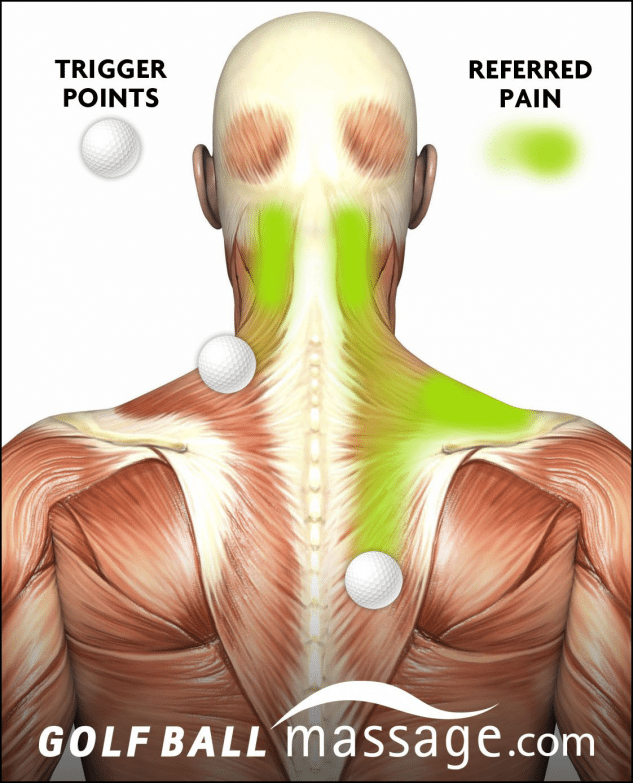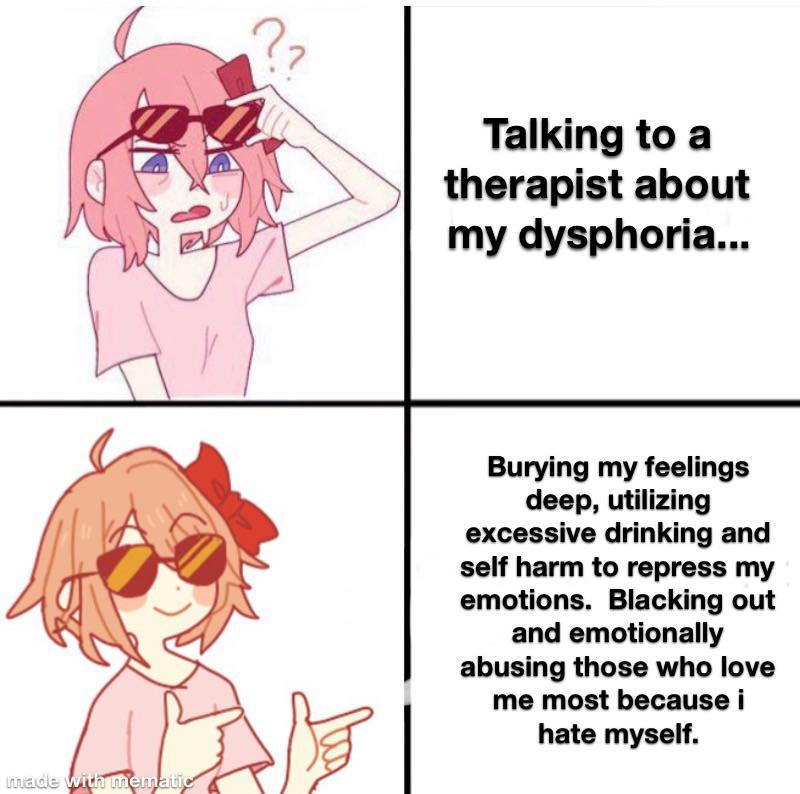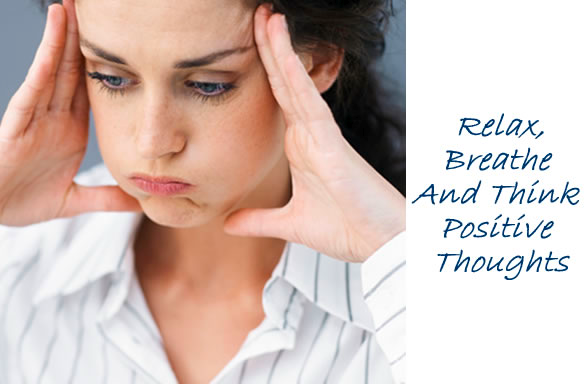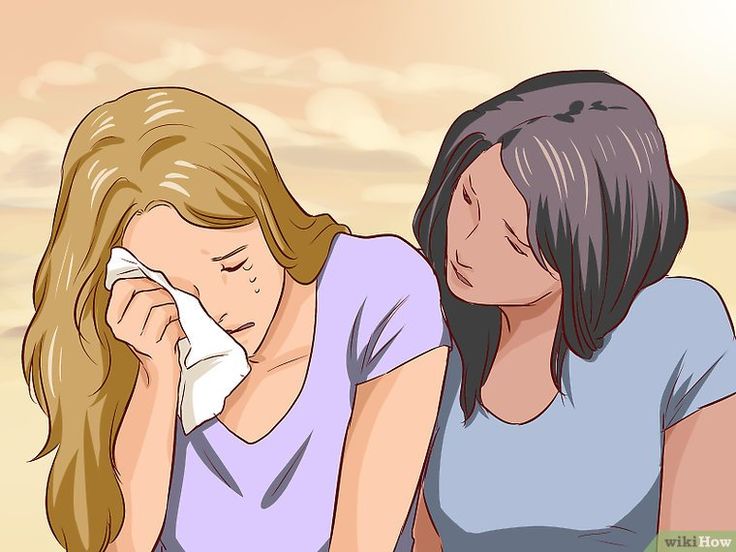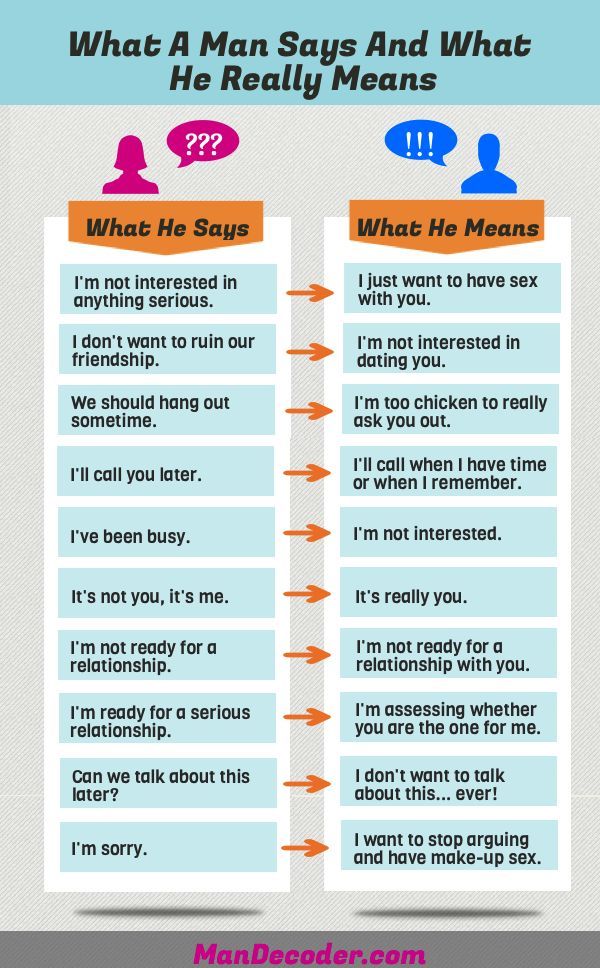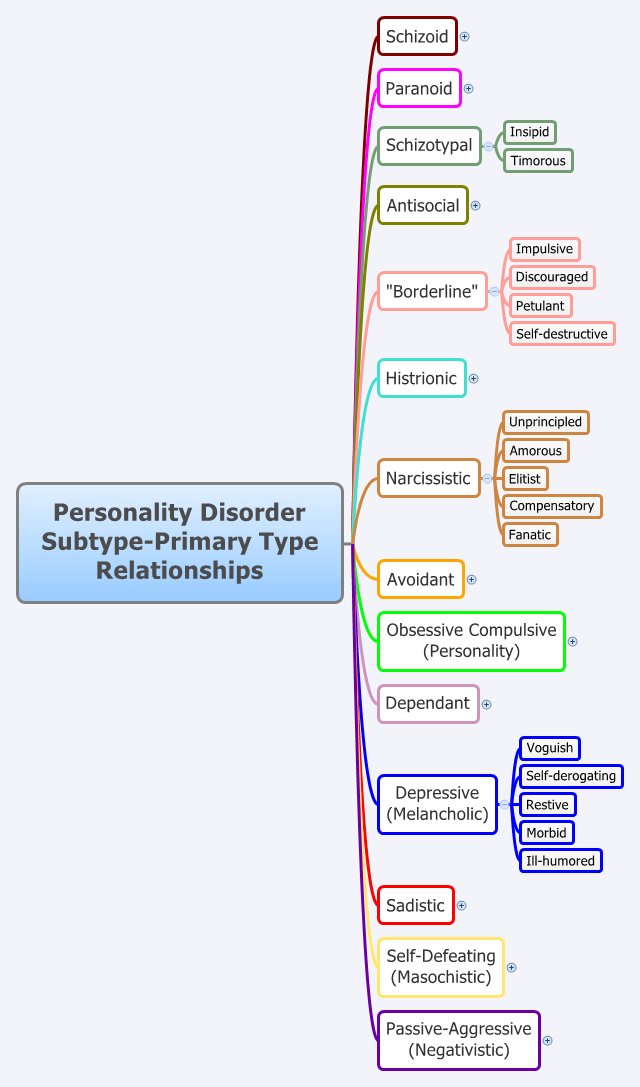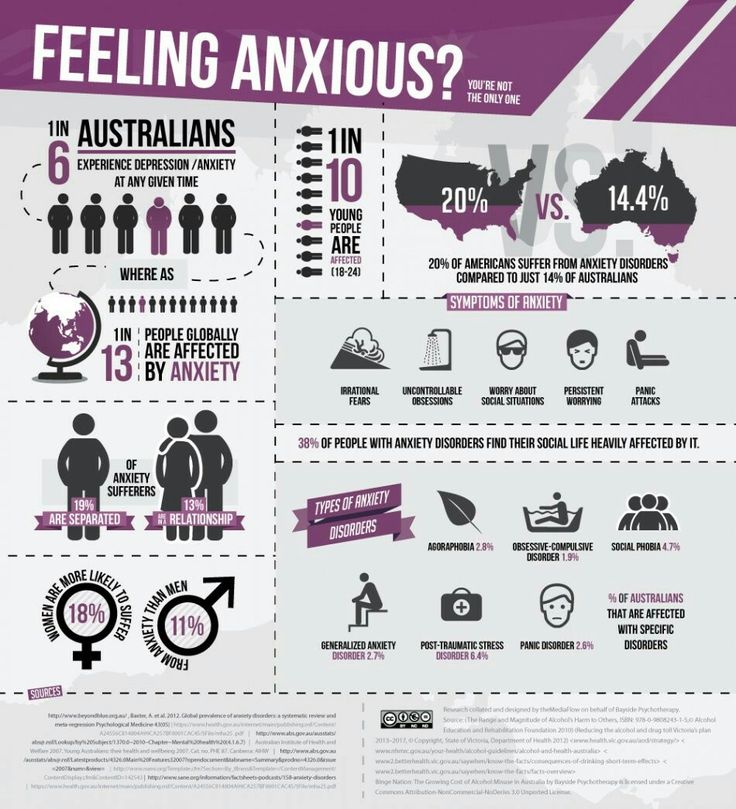How to destress yourself before bed
The Best Ways to Relieve Stress So You Can Sleep Soundly
While stress is the body’s natural response to protecting itself, chronic stress or anxiety can have many long-term effects, including poor sleep or even sleepless nights.
Stress invokes the “fight or flight” feeling. This elevates the heart rate, quickens breathing, and increases stress hormones in the body. Anxiety is stress that continues after the stressor is gone, and it produces similar physiological effects.
During times of unwanted stress and anxiety, relaxation techniques can produce the body’s natural relaxation response. This includes a slower heart rate and breathing pattern, a lower blood pressure, and an overall feeling of calm.
Best Tips for Relieving Nighttime Stress
There are numerous strategies for relieving nighttime stress and anxiety before bedtime. If you’re feeling too stressed to sleep, these approaches can help you relax. Some sleepers use only one or two of these relaxation strategies while others practice a combination of them. If stress and sleep are a chronic concern, your physician can help you determine what the best approach is for you.
Meditation
Meditation is a mind and body practice with a specific focus of attention and attitude that lets thoughts come and go without judgment. Meditation is a known strategy for treating insomnia. There are several types of meditation.
- Mindfulness meditation is the process of observing feelings, thoughts, and emotions as they pass without judgment. A big part of this is being able to be completely present in the moment, not allowing your focus to wander to other thoughts. If you are just beginning with meditation, this may seem difficult but it will get easier with practice. It has been shown to reduce sleep disturbances in adults.
- Body scan meditation is a technique of slowly concentrating on parts of the body and noticing any sensations or pains. To practice this technique, you should focus on a specific part of your body, one at a time.
 This can either be a systematic scanning, from head to toe, or a more random scanning of the body parts making a connection with the floor. Let your attention be focused completely on your body.
This can either be a systematic scanning, from head to toe, or a more random scanning of the body parts making a connection with the floor. Let your attention be focused completely on your body. - Guided meditation is when one is verbally guided through a meditative experience and encouraged to visualize a calming location. These guided meditations can include music and nature sounds to assist with relaxing. You can find guided meditations on many popular apps, including Headspace and Calm.
Meditation can be done any time before bed, and it can also be done during the night if you find yourself unable to relax.
Deep Breathing
Deep breathing can be another component of meditation as well as a relaxation technique you can use any time. The goal is to take slow, even, and deep breaths.
Though there are many structured practices for deep breathing, including the 4-7-8 method and lion’s breath, you can begin very simply. Start by placing your hand on your stomach and inhaling slowly. When you feel your stomach rise, hold your breath for a moment, then exhale slowly. Different practices may incorporate counting breaths and adjusting the time breath is held before exhaling.
When you feel your stomach rise, hold your breath for a moment, then exhale slowly. Different practices may incorporate counting breaths and adjusting the time breath is held before exhaling.
Meditative Movement
Meditative movement incorporates the attentiveness of meditation with gentle physical movement and focused breathing. Yoga, tai chi, and qigong are all types of meditative movement. They require no specialized equipment and therefore can be done in any location, making them accessible to the average person.
Research has demonstrated many physical and mental health benefits of yoga. In addition to promoting healthy activity habits, yoga can be beneficial in managing sleep problems. Yoga can help improve stress management; it has also been shown to improve mental well-being and lessen certain physical pains.
Less research has been conducted about the other movement forms. However, preliminary research has shown that both tai chi and qigong can assist with improving emotional well-being..png) This includes the management of anxiety and depressive symptoms. Along with the improvement of handling anxiety, it is likely practitioners of these forms can also find improved sleep.
This includes the management of anxiety and depressive symptoms. Along with the improvement of handling anxiety, it is likely practitioners of these forms can also find improved sleep.
These meditative movements can certainly be done as part of your nighttime routine or during the daytime. While the movements themselves may not be ideal during the night, the mindfulness and breathing techniques used in these practices could be used during periods of nighttime stress or anxiety.
Progressive Relaxation
Progressive relaxation is similar to body scan meditation because it requires concentration on certain parts of the body. You contract and release your muscles up and down your body in sequence, beginning with your toes, feet, calves, and so on. This allows you to relieve the physical tensions and stresses you may be experiencing.
Biofeedback
Biofeedback is the use of an electronic device to help patients learn to control functions of the body. These devices provide information about functions such as blood pressure, heart rate, and muscle activity. Users need the assistance of a therapist or biofeedback training to understand how to interpret the readings. They will also learn what affects changes in the body’s functions. For people with stress, anxiety, or even insomnia, biofeedback can be a useful tool for identifying functions of concern and regulating them.
Users need the assistance of a therapist or biofeedback training to understand how to interpret the readings. They will also learn what affects changes in the body’s functions. For people with stress, anxiety, or even insomnia, biofeedback can be a useful tool for identifying functions of concern and regulating them.
It is important to remember that relaxation techniques are not a replacement for healthcare if there is a medical concern.
Stress Relief During Your Nighttime Routine
While the above relaxation techniques can be incorporated into your nighttime routine, you can also take some other practices into consideration.
- Make a good sleep environment. Consider evaluating your sleep environment for possible stressors. A good sleep environment is dark with little noise.
- Limit alcohol and caffeine. Both can affect one’s ability to have undisturbed sleep. Excessive alcohol can also affect how the body handles stress.
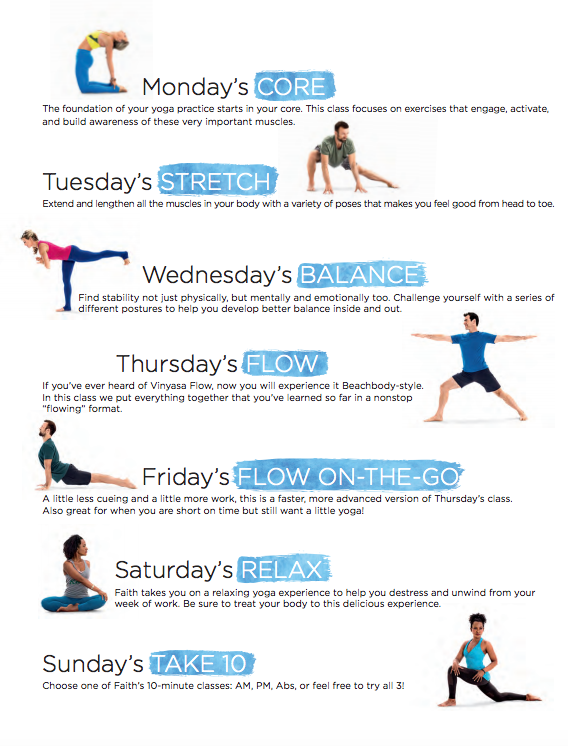
- Take a warm shower or bath. Not only can this help you relax and de-stress, but it will also lower your body temperature which can help you fall asleep faster.
- Avoid blue light exposure before bedtime. The light from electronics including phones, computers, and TVs can interfere with your circadian rhythm. Experts recommend you set these aside in the hours before you want to go to sleep. Plus, this can help limit doomscrolling habits, which are known to contribute to anxiety.
- Practice good sleep hygiene.
- Journal. Writing down your thoughts and worries can help you to get them out in the open so you can address them. Keep a journal by your bed so you can write down any anxiety that may come up in the moments before bed. Writing down a to-do list for the following day can also help you get to bed sooner.
- Schedule worry time. A scheduled time to focus on worrying is a technique used in cognitive-behavioral therapy (CBT).
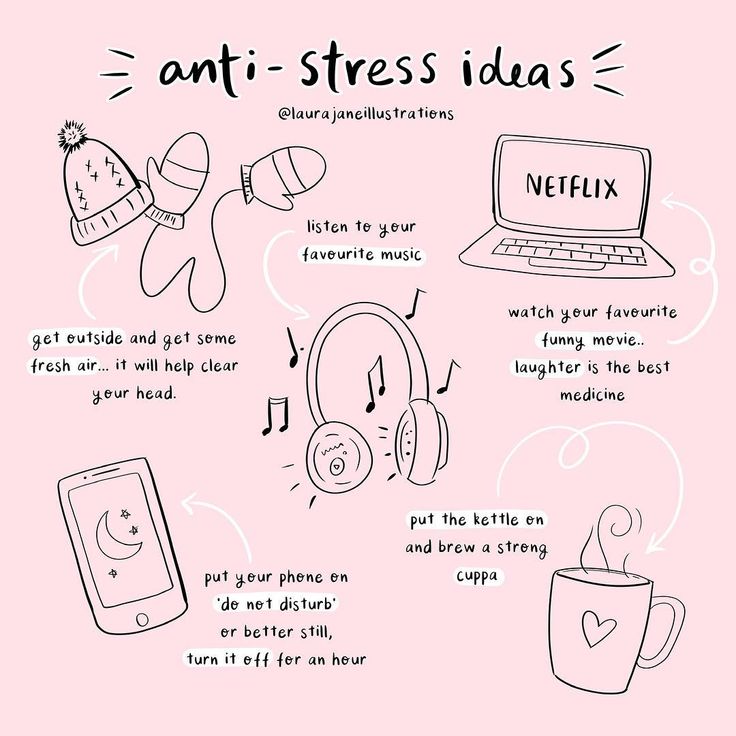 To do this, set aside a specific time of the day to worry about everything you have going on. The goal of this is to address the causes of that worry before it can get out of control.
To do this, set aside a specific time of the day to worry about everything you have going on. The goal of this is to address the causes of that worry before it can get out of control.
Good Daytime Habits for Relieving Nighttime Stress
In addition to relaxation techniques, there are steps you can take during the day to relieve stress at night. A common aid is to exercise during the day. In addition to other health benefits, daytime exercise has been linked to better sleep in patients with generalized anxiety disorders. Exercise can also assist with issues such as insomnia. Another strategy for sleep hygiene overall is to wake up at a regular time. Even on the weekends, research shows that consistent wake times are an important component of sleep hygiene.
Keep in mind there is no exact schedule for how quickly you’ll be able to feel less stressed and anxious before going to sleep. However, consistent practice of relaxing techniques can help long-term. If you have questions or concerns about which strategy or strategies are right for you, consult your physician.
- Was this article helpful?
- YesNo
References
+17 Sources
-
1.
MedlinePlus: National Library of Medicine (US). (2020, May 10). Stress and your health. Retrieved January 2, 2021, from https://medlineplus.gov/ency/article/003211.htm
-
2.
National Center for Complementary and Integrative Health website. 5 things you should know about stress. Retrieved January 2, 2021, from https://www.nccih.nih.gov/health/tips/things-to-know-about-relaxation-techniques-for-stress
-
3.
National Center for Complementary and Integrative Health website. (2016 May). Relaxation techniques for health. Retrieved January 2, 2021, from https://www.nccih.nih.gov/health/relaxation-techniques-for-health
-
4.
National Center for Complementary and Integrative Health website. (2016 April). Meditation: In Depth. Retrieved January 2, 2021, from https://www.
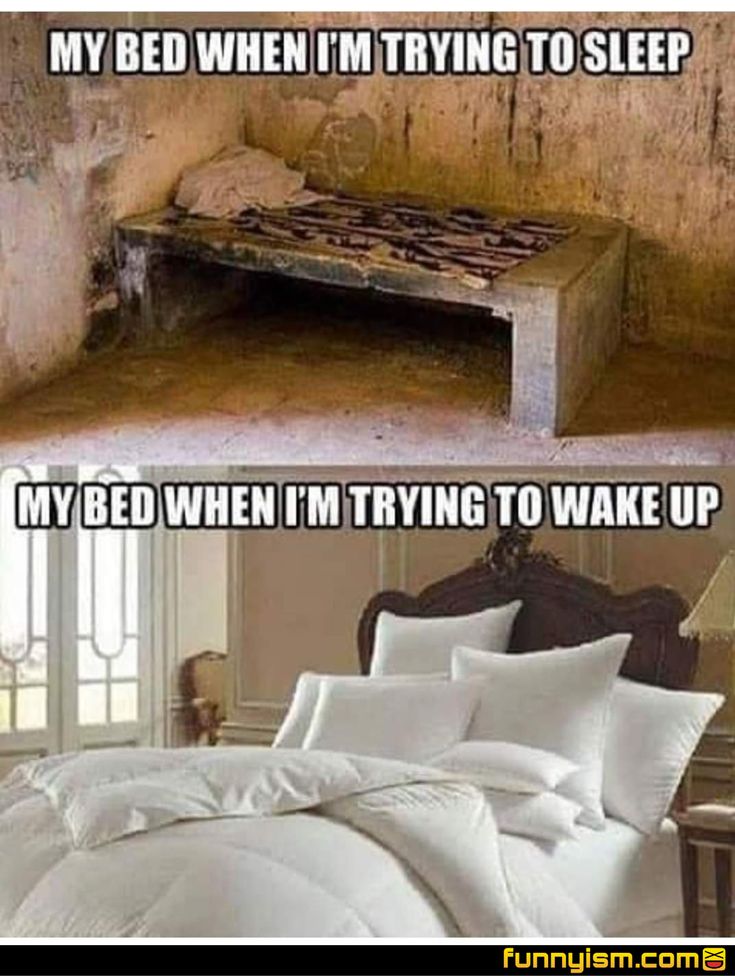 nccih.nih.gov/health/meditation-in-depth
nccih.nih.gov/health/meditation-in-depth -
5.
Black, D. S., O'Reilly, G. A., Olmstead, R., Breen, E. C., & Irwin, M. R. (2015). Mindfulness meditation and improvement in sleep quality and daytime impairment among older adults with sleep disturbances: a randomized clinical trial. JAMA internal medicine, 175(4), 494–501. https://www.ncbi.nlm.nih.gov/pmc/articles/PMC4407465/
-
6.
MedlinePlus: National Library of Medicine (US). (2018, August 3). Relaxation techniques for stress. Retrieved January 2, 2021, from https://medlineplus.gov/ency/patientinstructions/000874.htm
-
7.
Wang, W. L., Chen, K. H., Pan, Y. C., Yang, S. N., & Chan, Y. Y. (2020). The effect of yoga on sleep quality and insomnia in women with sleep problems: a systematic review and meta-analysis. BMC psychiatry, 20(1), 195. https://doi.org/10.1186/s12888-020-02566-4
-
8.
National Center for Complementary and Integrative Health website.
 (2019 May). Yoga: What You Need to Know. Retrieved January 2, 2021, from https://www.nccih.nih.gov/health/yoga-what-you-need-to-know
(2019 May). Yoga: What You Need to Know. Retrieved January 2, 2021, from https://www.nccih.nih.gov/health/yoga-what-you-need-to-know -
9.
Yeung, A., Chan, J., Cheung, J. C., & Zou, L. (2018). Qigong and Tai-Chi for Mood Regulation. Focus (American Psychiatric Publishing), 16(1), 40–47. https://doi.org/10.1176/appi.focus.20170042
-
10.
Millstine, D. (2018, September). Merck Manuals Professional Edition: Biofeedback. Retrieved January 2, 2021, from https://www.merckmanuals.com/professional/special-subjects/integrative-complementary-and-alternative-medicine/biofeedback
-
11.
Millstine, D. (2019, September). Merck Manual Consumer Version: Biofeedback. Retrieved January 2, 2021, from https://www.merckmanuals.com/home/special-subjects/integrative-complementary-and-alternative-medicine/biofeedback
-
12.
National Institute on Alcohol and Alcohol Abuse. (2012). The Link Between Stress and Alcohol.
 Alcohol Alert, 85. Retrieved January 2, 2021, from https://pubs.niaaa.nih.gov/publications/AA85/AA85.htm
Alcohol Alert, 85. Retrieved January 2, 2021, from https://pubs.niaaa.nih.gov/publications/AA85/AA85.htm -
13.
Haghayegh, S., Khoshnevis, S., Smolensky, M. H., Diller, K. R., & Castriotta, R. J. (2019). Before-bedtime passive body heating by warm shower or bath to improve sleep: A systematic review and meta-analysis. Sleep Medicine Reviews, 46, 124–135. https://www.sciencedirect.com/science/article/abs/pii/S1087079218301552?via%3Dihu
-
14.
Schwab, R. J. (2020, June). Merck Manuals Professional Edition: Approach to the Patient With a Sleep or Wakefulness Disorder. Retrieved January 2, 2021, from https://www.merckmanuals.com/professional/neurologic-disorders/sleep-and-wakefulness-disorders/approach-to-the-patient-with-a-sleep-or-wakefulness-disorder
-
15.
Garcia-Navarro, L. (Host). (2020, July 19). Your 'Doomscrolling' Breeds Anxiety. Here's How To Stop The Cycle [Radio broadcast episode]. https://www.npr.org/2020/07/19/892728595/your-doomscrolling-breeds-anxiety-here-s-how-to-stop-the-cycle
-
16.
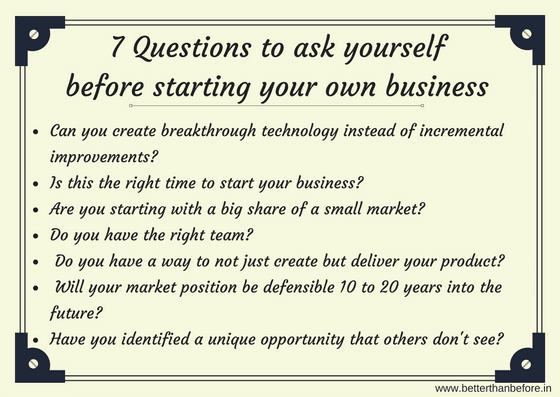
Herring, M. P., Kline, C. E., & O'Connor, P. J. (2015). Effects of Exercise on Sleep Among Young Women With Generalized Anxiety Disorder. Mental health and physical activity, 9, 59–66. https://www.ncbi.nlm.nih.gov/pmc/articles/PMC4637973/
-
17.
Irish, L. A., Kline, C. E., Gunn, H. E., Buysse, D. J., & Hall, M. H. (2015). The role of sleep hygiene in promoting public health: A review of empirical evidence. Sleep medicine reviews, 22, 23–36. https://doi.org/10.1016/j.smrv.2014.10.001
See More
Seven tips to help you sleep
Key points
Stress and sleep are closely linked. Good sleep can help reduce your levels of stress and experiencing stress can really affect your sleep. So we’ve compiled this article, full of tips on how to improve your sleep and minimise stress. We’ll cover:
- how stress and sleep are interlinked
- why good sleep can improve your mental health
- how to de-stress before bed
- ways to help you sleep better
- how we can help if stress is coming between you and good sleep.
Introduction
Stress can have a huge impact on your sleep and you’re much more likely to sleep badly when you’re going through a stressful period.
We all experience some level of stress as we go about our lives and often a good night’s sleep is all that’s needed to feel OK again. Sometimes, though, levels of stress can get on top of us, leaving us staring at the ceiling at 2am unable to sleep.
But what is it about stress that interferes with our sleep? We’re going to look at how stress and sleep are linked and how improving sleep can help to reduce anxiety, stress and low mood.
To help you get the best sleep possible, we’ve compiled a list of our seven best ways to de-stress before bed. We’re going to start off with a quick explanation of what we actually mean by the word ‘stress’ and how it links to sleep.
What exactly is stress and why does it interfere with your sleep?
We tend to think of stress as something negative but it’s a totally normal response to something that’s perceived as a threat.
When you experience something stressful, your brain sends a distress signal that triggers a sequence of chemical changes in the body. Stress hormones such as cortisol and adrenaline are released. These cause your heart rate and blood pressure to increase, more oxygen is provided to your muscles and your alertness increases.
These are all parts of the body’s fight-or-flight response and likely evolved to allow us to flee from danger. It’s easy to see how this stress response would have been very important for survival in our hunter-gatherer days — picture a scene where someone might have been confronted by a lion or chased by a wild boar!
In our modern day lives, the sources of stress may be different (fewer lions) but the body’s response remains the same. For example, it may be that you’re late for an appointment or have an important exam coming up.
Whatever the stress, once the body decides that the danger has passed (you got to the appointment/the exam is finished) then your heart rate and blood pressure go back to normal and your brain and body can relax again.
Problems can arise when the stress response doesn’t abate and the body ends up in a constant state of elevated stress. Your stress hormone levels remain high and your stress becomes chronic.
So how does this relate to our sleep? Good sleep has huge positive effects on both our physical and mental health.
We can help! Sleepstation’s programme uses Cognitive Behavioural Therapy for insomnia (CBTi), the gold-standard treatment for insomnia. CBTi helps to improve your sleep and it can also ease stress, anxiety and depression. See how Sleepstation can help you in just a few short clicks.
Start now
One of the ways our body copes with stress is through sleep. When we sleep, the brain processes thoughts and emotions that we have experienced throughout the day.
Essential maintenance is also carried out around the body to repair muscles, remove waste products and reset the general balance within the body ready for another day.
When we sleep well, levels of one of the key hormones in the stress response, cortisol, decrease in the body. During sleep, your body can clear excess cortisol and help you to wake up feeling relaxed and de-stressed.
However, in a person with high stress, we can have a bit of a chicken and egg scenario here. Cortisol can stop you from getting to sleep and, as we’ve just mentioned, good sleep is necessary to regulate cortisol levels.
So if you’ve already got raised cortisol levels, which then interfere with your sleep, the result is going to be raised cortisol levels when you wake. It seems like this would create an endless cycle of greater and greater stress, where stress interferes with sleep and poor sleep creates more stress.
Thankfully there are many simple ways to break this cycle, reduce your stress levels and get better sleep! We’ve summarised them into our top seven tips that can help you to get on top of your stress and sleeping like a baby. So let’s begin.
1. Exercise… but maybe not right before bed
Exercise is a great way to de-stress. In fact, daytime exercise increases your sleep need and has been linked to better sleep. For some people, strenuous exercise too close to bedtime can interfere with sleep but for others it might not affect their ability to fall asleep.
As long as you’re mindful of the type of exercise and what effect it has on you, you can still exercise in the evening without it interfering with your sleep. Just make sure you allow your body sufficient time to fully cool down after exercising and before you go to bed.
It’s better to do cardio or intense exercise earlier in the day although some light stretching or yoga before bed could help you wind down.
Getting at least 30 minutes of exercise every day will help you sleep and if you can get out in the sunshine that’s even better!
2. Try some mindfulness
Mindfulness and meditation have both become very popular and for good reason. Techniques involving these approaches allow you to relax and can help lower blood pressure and respiration rates, both of which are elevated by stress. Giving your brain some time to relax and rest is a great way to get you ready for bed.
We suggest the body scan, where you lay down and focus on each part of your body from the toes up. You can pay attention to how each part of the body feels or whether there’s any pain or sensation associated with that area. Once you finish you might be surprised how relaxed you feel.
If you find that you are waking up during the night and focusing on stressful thoughts, approaches that use mindfulness and meditation can be used as thought-blocking techniques to help you calm your thoughts during the night and allow you to get back to sleep.
3. Cut down on caffeine and alcohol
Having a glass of wine or beer after a long day may feel like it helps you unwind but just a small amount of alcohol can affect your sleep. A night cap may help you fall asleep when your head hits the pillow but the quality of sleep you get will likely be much worse.
Even though alcohol may shorten the time taken to fall asleep and can lead to deeper phases of sleep (at least initially), it may supress other important phases of sleep such as rapid eye movement sleep (REM).
Once the alcohol clears from the system there’s a ‘rebound’ from the suppressed phase of sleep leading to increased REM sleep as well as more awakenings and lighter sleep. This can lead to more bizarre and intense dreams. If you ever wake up feeling exhausted after a few too many drinks, this is probably why.
Caffeine can also interfere with a good night’s sleep. While a cup of coffee can leave you feeling more alert in the short term, it can elevate levels of cortisol and adrenaline in the body which can then interfere with your sleep.
Plus, if you’re already stressed, your levels of these hormones will be raised, so it’s often recommended to try to limit your caffeine intake when you’re feeling stress or anxiety. How your body responds to caffeine is highly individual — some people can drink coffee all day and will still sleep well.
Others can have a single cup of coffee and feel extra-alert for hours. As a rule of thumb, we’d recommend avoiding drinking caffeinated beverages in the hours before bed if you’re already finding it difficult to get to sleep.
4. Dim the lights and ditch the screens
Light can be a big disrupter when it comes to sleep. A key signal that tells the body to start preparing for sleep is the hormone, melatonin. This hormone is naturally released in response to light levels decreasing in the evening but, in our modern world, we illuminate our evenings with artificial lighting.
This can confuse the body and interfere with the normal production of melatonin. In the evening it can help to dim the lights and make the room darker as this will help your brain signal that it’s time for bed.
Exposure to blue light from TVs, tablets, smartphones and computers can also interfere with melatonin production, which brings us on to our next point.
Watching TV, bingeing on your favourite on-demand show or scrolling through social media feeds on your phone before bedtime are all proven to make you sleep worse. In addition to the sleep-hindering effects of staring at screens, these have all got the potential to provide your brain with too much stimulation at a time when you need to be winding down before bed.
We suggest you put the screens away and do something that doesn’t involve a screen. Read a good, old-fashioned book, try an adult colouring book or even dig out a crossword. Finding an activity that’s calming and keeps you away from staring at your phone is a great way to unwind after a long day.
Find a cosy corner, with dim lights and take an hour or two to read there. When you feel sleepy, you can put it down and head to bed.
5. Enjoy a nice bath or a hot shower
A bath or warm shower before bedtime is a great way to relax. It relieves tension in your muscles and it can help you sleep. A hot bath or shower will also warm you up and when you get out your temperature will drop.
Scientists have found that a drop in body temperature actually helps us drift off so if your bedroom’s cooler than your hot bath, it’ll make getting to sleep easier. 1
6. Create a simple wind-down routine
We often create bedtime routines for babies and children but we don’t seem to realise that wind-down routines are actually extremely useful for children and adults alike.
Sleep loves routine so one way to prepare your body and mind for sleep each night is to keep to a roughly consistent routine every evening. You can incorporate some of the tips above into your wind-down routine and it can be as simple or elaborate as you wish.
The key is to try to follow it day in, day out.
7. Make your bedroom a haven of calm
To sleep well, you want your bedroom to be a place you look forward to going to when it’s time to sleep. There are many factors that go into creating the perfect bedroom setup, but ideally you want the space you sleep in to be somewhere you use only for sleep and sex.
If possible, your bed shouldn’t be where you go to watch TV, hang out or do work, because you want your brain to associate your bed with sleep. Try and keep electronics out of the bedroom and aim to make your bedroom as dark as possible, quiet and on the cooler side.
Still can’t sleep? We’re here to help!
If these simple tips aren’t helping you to de-stress and sleep at night then you might be experiencing a sleep disorder such as insomnia. Between 10% and 30% of the population have insomnia and it’s the most common sleep disorder.2
The good news is that insomnia’s really treatable and when you take steps to improve your sleep then you’re likely to see improvements in your mental health too.
Sleepstation’s six-week course helps you to take control of your sleep and change the bad habits that could be disrupting your sleep. Our programme has been proven to work better than face-to-face therapy and it’s drug-free — enabling you to overcome your problem without the need for sleeping pills.
We use a form of Cognitive Behavioural Therapy for insomnia (CBTi) that’s delivered entirely online, so you can follow our progamme from the comfort of your own home, while still having the help and support form our expert sleep coaches.
CBTi is the gold-standard treatment for insomnia and studies show that individuals who have received online CBTi show both reduction in insomnia as well as improvements in depression, anxiety and psychological wellbeing.34
So whether stress is stopping you sleeping or a lack of sleep is leaving you stressed, we’re here to help. Don’t let stress come between you and good sleep — take the first simple step now by completing our short sleep quiz and discovering how simple it can be to get back on the road to stress-free sleep.
Summary
- Stress can lead to difficulties getting to sleep and staying asleep.
- Good sleep can reduce your stress levels.
- Simple lifestyle changes can often help you to reduce stress levels and sleep better.
- If these simple sleep tips aren’t helping you to sleep, you may have insomnia.
- Insomnia and most sleep disorders respond really well to treatment.
References
-
Gilbert SS, van den Heuvel CJ, Ferguson SA, et al. Thermoregulation as a sleep signalling system. Sleep Med Rev 2004; 8: 81–93.
↑ -
Bhaskar S, Hemavathy D, Prasad S. Prevalence of chronic insomnia in adult patients and its correlation with medical comorbidities. J Family Med Prim Care 2016; 5: 780–784.
↑ -
Luik AI, Bostock S, Chisnall L, et al. Treating depression and anxiety with digital cognitive behavioural therapy for insomnia: A real world NHS evaluation using standardized outcome measures. Behav Cogn Psychother 2017; 45: 91–96.
↑ -
Cheng P, Kalmbach DA, Tallent G, et al. Depression prevention via digital cognitive behavioral therapy for insomnia: a randomized controlled trial.
↑Sleep 2019; 42, 10: zsz150.
10 ways to relax before bedtime
It is usually not recommended to drink coffee, alcohol and use the phone before going to bed. But they rarely talk about what to do before a night's rest. We have compiled a list of things that will help you tune in to sleep, switch your attention from everyday activities and relax.
📚 Read the book
Many people cannot fall asleep quickly due to overstimulation of the nervous system. An easy way to calm her down is to read an interesting but uncomplicated book for 15-30 minutes. According to scientists, this is enough to distract the brain from problems, switch attention to routine activities and reduce stress levels.
It's better to read a paper book: blue light from gadgets can slow down the production of melatonin, which regulates sleep
🌬 Make it colder
Ventilate the room thoroughly before going to bed, and if there is air conditioning, set it to 16-20 ° C. According to scientists, this is the optimal temperature range in which it will be easier for you to fall asleep.
The effect is explained by the peculiarities of physiology: getting ready for sleep, the body lowers its temperature. If the environment is cool, it is easier for the body to do this - and the rate of falling asleep automatically increases
🛁 Take a warm shower
An option for those who don't like coolness. Warming water procedures, as studies show, also help to normalize the state of the nervous system and prepare the body for sleep.
It doesn't work the way you might think. After a warm shower, the body cools down and reaches a comfortable temperature for falling asleep. A heating pad and socks worn at night will enhance the effect: if the feet are additionally warmed, heat loss will increase
🎧 Listen to white noise
This is a special hissing sound, which, for example, makes a running hair dryer or turning on the air conditioner. Several studies have shown that it can reduce the time it takes to fall asleep and have a positive effect on the quality of sleep. Why this happens, scientists do not know. One of the hypotheses is that white noise simply drowns out other sounds that interfere with sleep.
If the sound of a hair dryer doesn't calm you down, listen to some music before bed. It will also help to distract from extraneous sounds, activate the pleasure centers in the brain and enhance relaxation
🧘♀️ Stretch
Stretching slows down breathing, calms the nervous system, and helps relieve muscle tension. The main condition: you don’t have to try too hard in the process. Your goal is not to sit on the splits, but to enjoy the slow and careful stretching of the muscles.
Instead of stretching, you can do a couple of simple yoga asanas. They too can increase the speed of falling asleep and the overall quality of sleep
👃 Use the 4-7-8 technique
One of the most effective breathing practices to help quickly calm the brain before bed. You can do it right in bed. Once you are comfortable, inhale slowly for 4 counts, hold your breath for 7 counts, and then slowly exhale for 8 counts. Repeat several times until you feel sleepy.
Scientists believe that breathing exercises activate the parasympathetic nervous system, which is responsible for relaxing and stopping the stress response.
💪 Try progressive muscle relaxation. Sit comfortably again - and start consistently tensing and then relaxing different muscle groups. First, those on the face: the muscles of the forehead, around the eyes and mouth. Then - neck, shoulders, and so on, until you get to the feet.
Exercise is based on the physiological principle that tension is always followed by relaxation. There is evidence that it reduces heart rate, reduces nervous excitement and anxiety symptoms, helps to fall asleep faster
✍️ Text
If you can’t fall asleep because of anxious thoughts about upcoming things, it’s worth making a plan for their implementation. Even such a trifle can structure thoughts, create a sense of control and calm down.
Other writing practices can help. Describe the experiences accumulated during the day in order to free the brain from them during sleep. Or list three things you are grateful for: Sleep deeply and in a good mood
🥱 Don't let yourself fall asleep
Yes, you should stop trying so hard to fall asleep as soon as possible. And start resisting it with all your might. As a result, as experiments show, the opposite is likely to happen - you still fall asleep.
The method was invented by psychiatrist Viktor Frankl. It's called paradoxical intention and is especially effective for anxiety caused by sleep problems - insomnia due to insomnia
❤️ Have sex
During sex, calming substances are released: oxytocin and prolactin. And the level of the stress hormone cortisol decreases. It relaxes, improves the quality of sleep and its duration.
In order to feel the positive effects, it is important to comply with the conditions: sex must be by mutual consent, with a partner that inspires trust and sympathy. If there is no one suitable nearby, masturbation will do. It improves sleep just as well
All about stress management
Twice a month on Fridays we send letters about how to feel better in conditions of complete uncertainty. Effective Ways to Calm Down and Avoid Thinking Mistakes
More articles on sleep and stress management:
1. How to stop stress eating.
2. Why insomnia occurs.
3. Free ways to relieve stress after a hard day.
News that concerns everyone is in our telegram channel. Subscribe to be aware of what is happening: @tinkoffjournal.
How to fall asleep quickly so that your sleep is healthy and deep?
What really causes insomnia and how to calm the restless mind to fall asleep? Drugs, diseases, insomnia genes - what's the deal?
There are many reasons why your brain is active when it should be sleeping. Maybe it's the genes, or irregular sleep patterns, jet lag, or certain drugs. In this article, we will talk about common sleep problems.
Content
- Social jet lag
- Stress and sleep
- Health problems
- Medicines, alcohol and nicotine
- Aging and sleep disturbance
- Note: genes and sleep
We recently wrote about what circadian rhythms are and how to improve sleep patterns. Insomnia is a general term for a wide variety of sleep problems, from difficulty falling asleep to disturbed sleep quality. Insomnia occurs due to anxiety, illness, various psychological conditions and stress. Let's try to figure out what to do if you can't sleep.
Social jet lag
Do you find it difficult to fall asleep because of anxious thoughts or unfinished business? You are not alone. This is a fairly common problem. While we are trying to do everything: build a career, educate ourselves, meet friends, do not forget about sports, it is easy to sacrifice quality sleep.
Violation of the body's circadian rhythm is sometimes called social jet lag. If you sacrifice your sleep schedule several times a week, sitting up with friends at a bar or finishing work tasks until late at night, it causes a jet lag effect, like when changing time zones. Jet lag disrupts your body's natural circadian rhythm, leaving you feeling tired and ill-rested.
Tip ☝️If work tasks and appointments keep you busy, make a to-do list before bed so your brain can relax. Also, at the end of the working day, you can try to do several small tasks instead of one large and cumbersome one. In this way, you can get rid of the feeling of unproductiveness.
Stress and sleep
If anxious thoughts haunt you before going to bed, it will be difficult to get enough sleep. This can also happen due to stress. In stressful situations, cortisol is released, a hormone that prevents us from falling asleep. Cortisol speeds up the heart rate, and also directs the body's resources to maintain muscle tone and overall vigilance.
Unfortunately, cortisol isn't just released when you're under pressure and your boss isn't happy with the report. The action of the hormone can last longer than the action of the stimulus itself. Therefore, already getting ready for bed, you can still feel tense. Also, do not forget that stress can become chronic. If you can't calm your mind before bed, you need to work on your overall stress level. Meditation, keeping an anxiety diary, or working with a therapist can help here.
Health problems
Sleep quality can be affected by various diseases:
| Heart disease | Angina, heart failure |
| Respiratory diseases | Asthma, gastroesophageal reflux disease (GERD), chronic obstructive pulmonary disease (COPD) |
| Neurodegenerative diseases | Alzheimer's disease, Parkinson's disease | Hormonal imbalance | Overactive thyroid, menopause | Diseases of the joints and muscles | Arthritis |
| Diseases of the genital organs and urinary tract | Urinary incontinence, prostate enlargement | Sleep disorders | Snoring, sleep apnea, narcolepsy, nightmares, sleepwalking |
| Chronic pain | Chronic pain of any origin |
All of these conditions can cause or exacerbate insomnia, and sometimes cause pain, which also negatively affects the quality of sleep. If you have been diagnosed with any of these conditions and are concerned about insomnia, your best bet is to see a doctor.
Medications, alcohol and nicotine
Both prescription and over-the-counter medicines can interfere with your sleep, causing drowsiness or insomnia. Always read instructions for medications. If you are taking prescription medications, be sure to check with your doctor if you notice a deterioration in the quality of your sleep.
Alcohol not only interferes with the normal functioning of the nervous system, but also exacerbates problems such as snoring and sleep apnea. According to studies, about 25% of people experience insomnia even three months after quitting alcohol.
Many people think that smoking before going to bed will help you calm down, but this is not true. Studies confirm that nicotine, on the contrary, stimulates your nervous system, which leads to sleep disturbances, problems with falling asleep and the progression of depressive states.
Fact☝️ Sleep apnea is a serious problem associated with a sharp decrease or complete cessation of breathing during a night's rest. This condition increases the risk of heart attack, stroke, and atrial fibrillation.
Aging and sleep disorders
Have you ever wondered why your grandmother gets up at 5 am? Up to 50% of older people complain of difficulty falling asleep or disturbed sleep. This can be exacerbated by chronic conditions and certain medications, limited mobility, daytime sleep, loneliness, and psychological factors.
Maintaining a healthy sleep pattern and an active lifestyle is top advice for those who want to prevent sleep problems, regardless of age.
Note: genes and sleep
Insomnia may be caused by a genetic predisposition. Several genes are responsible for this state, which are involved in intracellular metabolism and intracellular signaling.
Tip ☝️ Take the Atlas Genetic Test to find out if you have the genes responsible for sleep disturbance.
Learn more
